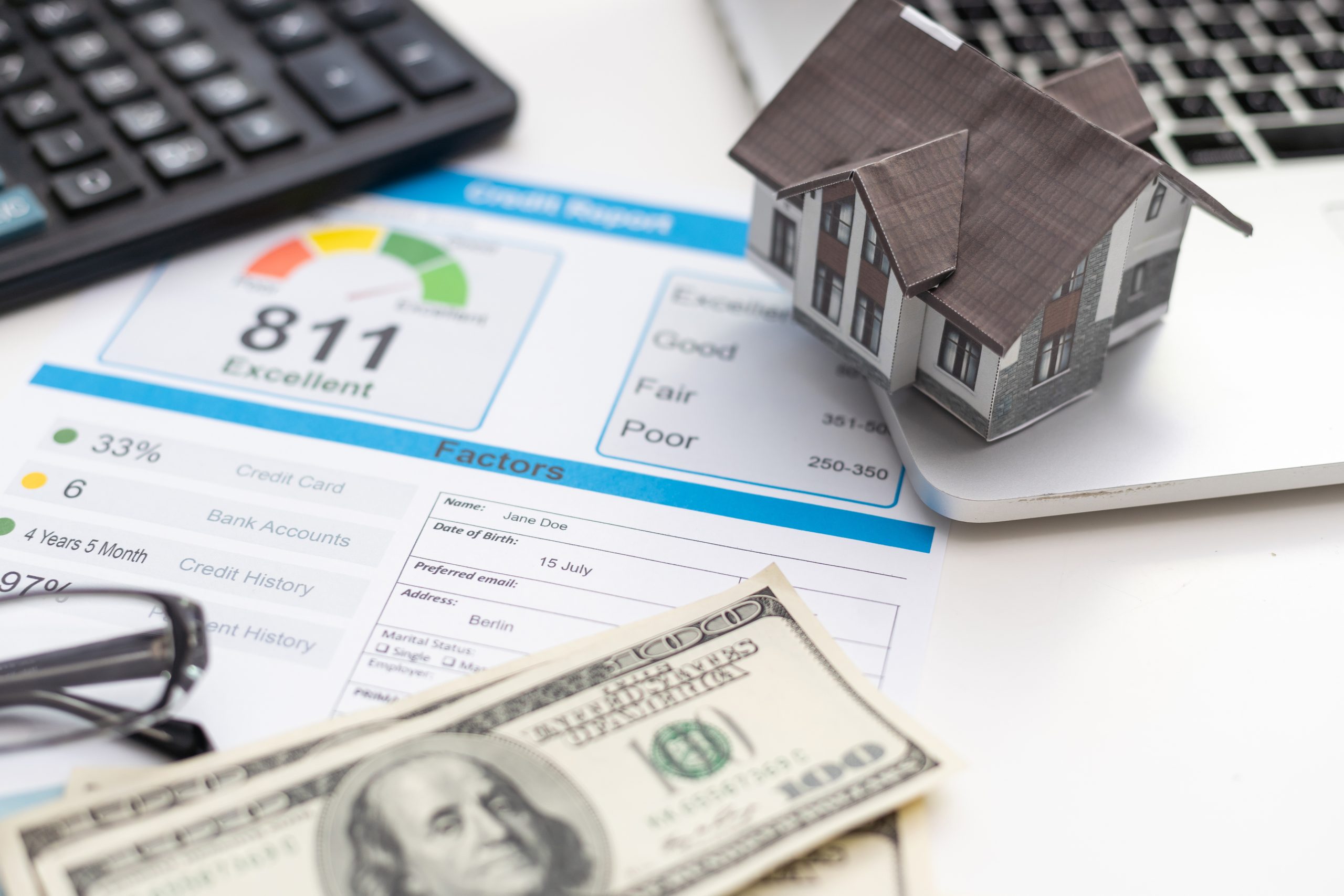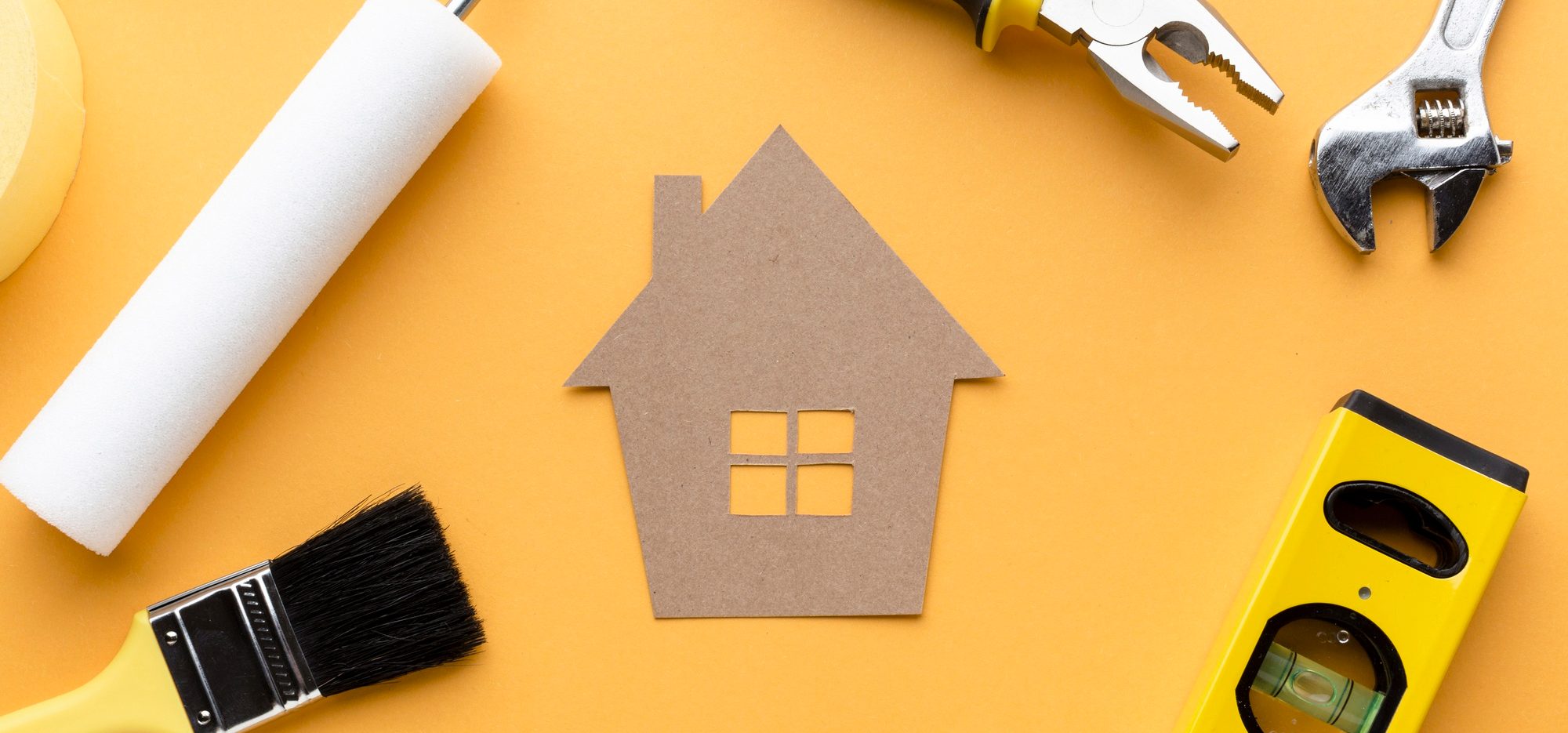Your credit score is essential when considering buying a house. Your score may determine how likely you are to get a mortgage and at what interest rate. But what is regarded as a good credit score for a mortgage? This article will explain what credit scores represent and what range is considered good when applying for mortgages.
What is a Credit Score?
A credit score indicates how well you have managed your money. It will help the lenders identify whether you are a responsible borrower. Scoring depends on such elements as paying bills on time, your level of debt, and how long you have been using credit. Credit scores range from 300 to 850- the higher the score, the more reliable you are with money.
The higher, meaning the correct credit score, will ease the approval process for every mortgage application and even lower your interest rate.
What is a Good Credit Score for a Mortgage?
Generally, a good credit score for a mortgage is anything starting from 670 and upwards. Here is the breakdown of credit score ranges and what they mean:
- Less than 740, within this range: This is considered very good. You would have the best mortgage rates and terms available, and lenders consider you a very low-risk borrower.
- Good (670-739): This is a good score, and you’ll most likely still receive decent mortgage rates. You will appear as a low-risk borrower to lenders.
- Fair: 580-669-with this score, you may still be able to get a mortgage, but your interest rate is likely a bit higher because the lender is taking on a little more risk.
- Poor, 579, and below: You might need help getting a mortgage. If approved, the terms and rates may not be appealing or favorable.
Better credit translates to better interest rates. A good credit score of 670 or above saves you thousands over the life of your mortgage.
How Does Your Credit Score Affect Your Mortgage?
A good credit score, therefore, directly impacts how much you will pay in interest on your mortgage. The interest rate is the amount a lender charges you to let you borrow money, and it gets tacked onto your monthly mortgage payment amount. If you have a higher credit rating, you will likely receive a lower interest rate, equating to lower month-to-month payments.
On the other hand, if your credit score is a little lower, you may have to pay a higher interest rate; monthly payments become more expensive, which can add up over time.
What If My Credit Score Is Bad?
Suppose your credit score is different from where you want it to be. There are things you can do to bring up your credit before applying for a mortgage. Some ways you can improve your credit score include:
- Paying bills on time: A late payment will affect your credit score, so try to pay on time.
- Paying off debt: If you have any credit card balances or loans, make the payments to pay them off. This reflects well to the lenders that you handle your debt adequately.
- Check your credit report. Sometimes, there are mistakes in those reports. Ensure everything is correct and fix any errors that may exist.
This will help increase your credit score for a better mortgage rate.
Quick Tip for Home Buyers
Aim for a credit score of at least 670 to qualify for a reasonable mortgage rate. That will eventually mean saving money on interest throughout your loan.
Conclusion: Visit NW Realty Group Today
A good credit score makes getting the right mortgage easier. NW Realty Group will assist you if you’re ready to start your home ownership journey. We are a trusted and reliable brokerage working with clients through the advantageous home-buying process.
Our team of experts will guide you through every step of the home-buying process, from finding the perfect home to explaining each step. Visit NW Realty Group today, and let us help make your dream of owning a home a reality!






